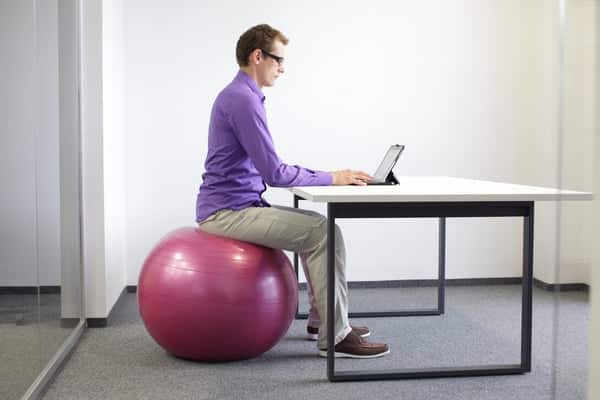As seen in AFPA ENews
Why it is important to give extra care to the caregivers you train!
Kathy was a regular in Pilates class on Thursdays. Because I saw her from week to week, I was able to notice significant weight loss and increased lack of focus.
Worried, I singled her out after class and asked if everything was all right. She shyly responded that her husband had Alzheimer’s and that she had been his sole caregiver for several months. The physical toll this task was taking on her was evident and profound.
Several of my personal training clients are caregivers of a loved one, and their struggles with their day-to-day tasks is likewise altering their own health and well-being. They are not alone.
According to the National Alliance for Caregivers, 65.7 million (29 percent) of America’s population have taken on the task of caring for a family member. The resulting stresses encompass financial, psychological and physiological concerns. Some studies show that positive activities in their own lives is reduced by 27 percent as a result of their responsibilities, and 17 percent feel that their health in general has gotten worse.
As trainers, we know the benefits of exercise to the population. While caregivers’ physical needs are no different, their emotional stresses are often compounded by the extra burdens. If they fail somehow to relieve their stress, their own health may deteriorate.
While caregiving remains a top priority to them, I have heard from my clients that their exercise sessions are an alleviator of stress, and that it mentally and physically recharges them, giving them added strength to continue with their days. They consider their sessions as “me” time and even though coordination with other family members to take over responsibilities may be necessary, having that time is seen as tremendously important.
{{cta(‘0da87957-461d-4dae-8be0-05fa338aa1ab’,’justifycenter’)}}
The students who take classes are exposing themselves to the positivity of being around others while giving benefit to their bodies. They are allowed to focus on something besides themselves or their situation in a productive and healthy atmosphere. Even one class or session a week goes a long way toward the goal of improving their own health.
Your own role in your clients’ life may also be affected. Due to their ever-changing routine of doctor’s visits and extra duties, session times will necessarily become more fluid, challenging your ability to schedule and juggle times not only with this client but with others. You may have to move times around not just once but often.
You’ve learned to be patient with their physical abilities. Transfer that skill to accommodate them. They are no longer in complete charge of their own schedules. They want and need the time with you and will make the changes in their own routines, too, if possible.
There is a good chance that you have a caregiver in your class. While you need to see them as unique individuals who are no more or less important than others in your class, their takeaway from the brief time they spend with you carries new and significant meaning.
About the Author

Lisa Dunklin is an ACE-certified personal trainer specializing in the mature population.
{{cta(‘e31b1793-085e-4b69-b9cb-e83795b06f58′,’justifycenter’)}}



